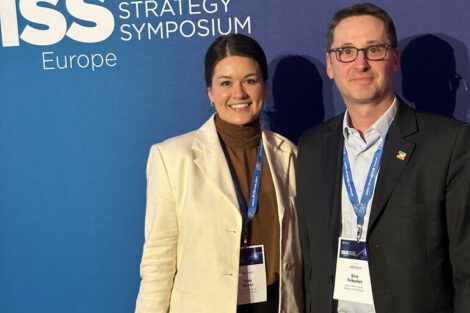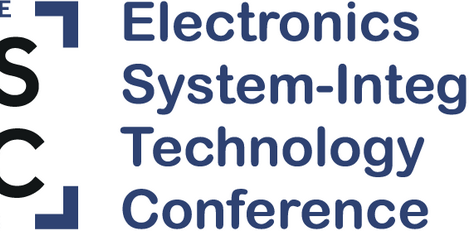After long discussions and some struggles on the constitution and other topics, the European Union of the 15 “old” members has been expanded to include another 10 states. Though stemming mainly from the East, the Baltics (Estonia, Latvia, Lithuania), Poland, Czech and Slovak Republics, Slovenia and Hungry, also Mediterranean Malta and the Greek part of Cyprus are incorporated now. Most of them emerged as independent countries only in 1991. A dream has apparently come true for many who lived in a former part of the vanished USSR or its hegemonial protectorates, respectively. This regrouped EU has grown from about 380 to 453m inhabitants.
In principle, this conglomerate stands for a huge potential market on a global scale: where China is 1.3bn, India 1.1bn, the US 282m and Russia 147m people, for instance. But make no mistake: where there is just one main language in a country and some others are also in official use in certain regions, we have now virtually 25 tongues in Europe. This creates the necessity for huge translation work, leading sometimes to misunderstandings and even more bureaucracy. As a result, practically every marketing action in the EU has to take 25 different environments, habits, etc., into account. Otherwise it wouldn’t function at all. In this context, if some unfamiliar are still maintaining the image of an ominous European fortress – it isn’t one. Why not? It’s self-evident. A company, for instance, attempting to cover this whole business area, needs practically 25 different facilities or representatives. And not all of these local markets are large enough to render the widely diverse and costly activities useful.
And there are some significant flaws regarding the economic situation, not to mention numerous geopolitical issues. Let’s concentrate on key business difficulties. The GDP per capita in the newcomer states lies between euro 7,700 (Lithuania) and 18,500 (Cyprus), quite a large disparity, with the EU-15 average quoting euro 22,500. From this it is becoming clear that the EU-25 is now under pressure to overcome these large economy differences in order to balance such discrepancies within its borders. And also to keep altercations among its members under control. It concerns the varying tax rates in each country. In general, the “new” states tend to reduce their already low tax for companies (old EU average is 30%, new average is 21%). This kind of competition is not pleasant for the secretaries of finance in “old” Europe, where Germany’s overexerted tax system (average load 37%) apparently leads in sophistication. This large difference makes business in the “newcomer” countries more attractive. In the course of the next two years, Spain, Finland and Austria plan to follow this trend. (Interestingly, Finland has lowered its exorbitant high tax on liquors, since there was an endless stream of travelers to neighboring Estonia, where alcoholic beverages are in a normal price range.)
But no financial advantage without drawbacks in this complicated world of public and company-related politics. Though the tax for companies is low (Lithuania 13%), the value-added tax is relatively high. And this cannot be changed, because all countries which are included (or want to join) the common-currency club have to strictly adhere to the Maastricht criteria and obliged to finance its expenses (public deficit spending must remain within 3%). Well, Europe is almost united – and everything fits perfectly? No, it’s just the beginning. More countries are waiting at the door. Huge challenges remain to be mastered – and this not only in Brussels and by means of lobbyists‘ pressure.
Share:










